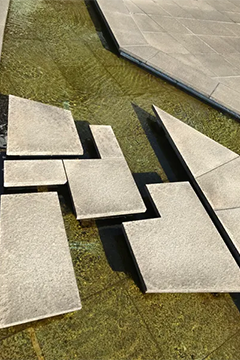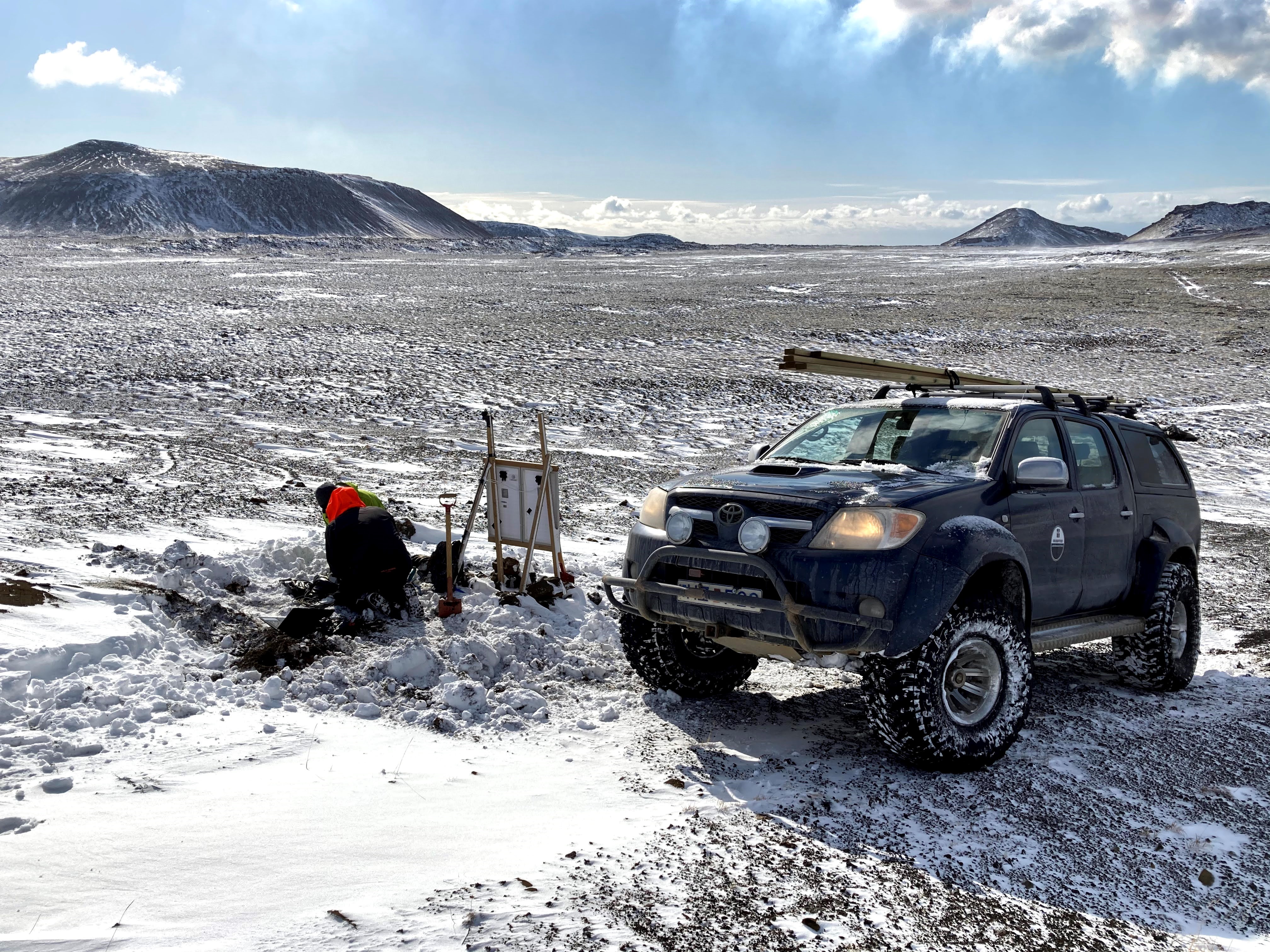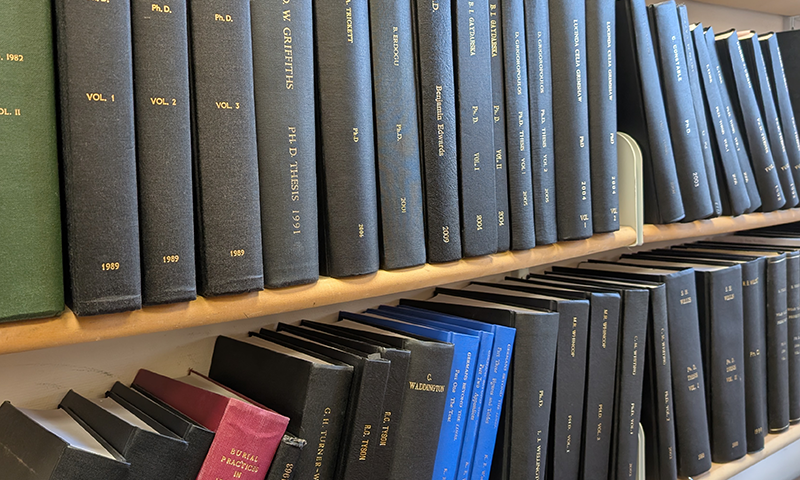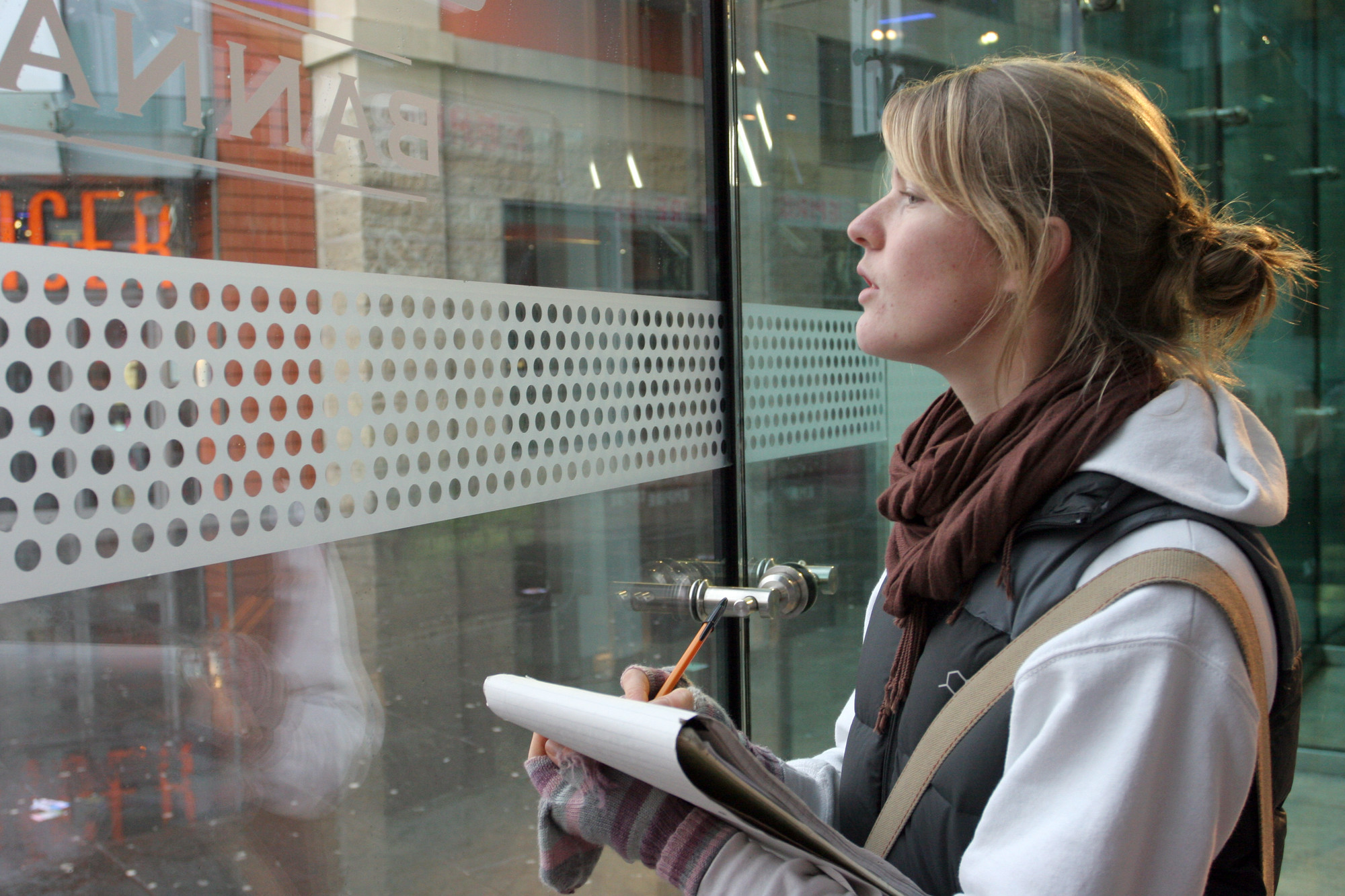Research Masters (MSc/MA by Thesis) in Geography
 Our Masters (MSc or MA) by Research degree (sometimes referred to as Masters by Research, or MRes, degree) provides an opportunity to develop your research expertise and advanced skills. The MRes is (when taken full-time) a one-year Masters (MSc or MA) degree that is undertaken as a research project and is examined by thesis (maximum length of 50,000 words).
Our Masters (MSc or MA) by Research degree (sometimes referred to as Masters by Research, or MRes, degree) provides an opportunity to develop your research expertise and advanced skills. The MRes is (when taken full-time) a one-year Masters (MSc or MA) degree that is undertaken as a research project and is examined by thesis (maximum length of 50,000 words).
The MRes emphasises independent but supervised research; our MRes students work closely with at least two supervisors, who provide support through each stage of designing and completing an original piece of research. Many of our students go on to publish their work in leading journals.
The MRes offers a research-intensive alternative to taught masters courses, and provides the opportunity for you to work within a vibrant, world-leading research environment, often on aspects of active research projects. Our MRes can be taken to achieve either an MSc (for Physical Geography) or MA (for Human Geography).
MRes degrees provide a further qualification for a career where independent research skills will set you apart, and provide an excellent platform and research experience for subsequent PhD research. MRes degrees also give candidates the opportunity to develop materials and manuscripts for submission and potential publication in peer-reviewed journals.
How to apply
The process to apply to the Durham Geography MA/MSc by Research programme involves five main stages:
1. Ensure you meet the entry requirements for the Geography MA/MSc by Research
-
- minimum 2:1 Bachelors degree or in a science (for MSc) or social science (for MA) subject.
- students with a science, engineering, social science or arts background are particularly suitable.
- ensure you have achieved certification of a recognised English language qualification, if required.
2. Find the right supervisor
-
- see Available Research Projects for a list of projects which are looking to recruit and supervise research students.
- visit the Find a Supervisor page for more options for finding the right supervision.
- discuss your research ideas with potential supervisors to see how they fit with their expertise and interests.
3. Develop a MA/MSc by Research proposal
-
- if considering an Available Research Project, discuss the project with the named supervisor(s) to refine the scope and focus, as appropriate.
- you can approach potential supervisors with some initial ideas and they can support you in developing and refining them.
- given the relatively short project duration, consider any limitations on available time, data collection and availability, and fieldwork/research expenses.
4. Consider sources of funding
-
- you may want to consider sources of funding to support your studies, fees and living costs.
- some common sources of MA/MSc by Research funding can be found on our MRes Scholarships page.
- some research projects may already have partial funding, but you will need to check and confirm this with project supervisors.
- UK students can apply for a Masters Loan through the Student Loan Company (SLC).
5. Apply for the MA/MSc by Research in Geography course
-
- applications are completed through the Durham University Applicant Portal.
- the application process is completed in sections which can be saved and returned to (no need to fill it all out in one go).
- you will need to supply:
- transcripts/details of your existing qualifications;
- your research proposal;
- details of two referees or two references;
- a personal statement that includes details of (for example):
- your motivation to undertake a research degree and how this might fit with future career plans
- why you are solid candidate for the project
- the skills, experience and qualities you bring to the project and Department; and
- certification of a recognised English language qualification (if required)
- don't worry too much if you don't have all of your documents to hand when applying; these can be uploaded to the portal at a later date.
Find a Supervisor
Finding the right supervisor for you is an important step in postgraduate studies at masters and doctoral level. See Available Projects that are recruiting research students and visit our Find a Supervisor page.
MSc/MA by Thesis ('MRes') Scholarships
The Department of Geography at Durham participates in several competitive schemes that provide some scholarship funding for research students, including fee contributions for Durham University alumni.
How to apply
Find out how to apply for a research degree at Durham, including information about writing a research proposal and the Postgraduate Applicant Portal.
Postgraduate Theses
We are always delighted to celebrate with our postgraduate students in their successes. Here we present recently published Masters and Doctoral theses produced by Durham Geography students.
MRes student publications
Many of our MRes students have published their research in international, peer-reviewed journals. You can find some examples here.
Research and Impact
We are a large department of human and physical geographers conducting world-leading research that addresses pressing social and environmental challenges.
Social Sciences International Brochure
The stories presented in our International Brochure demonstrate sustained and positive engagement with international partners, particularly around work with social justice in society and the UN’s Sustainable Development Goals. Our 8 departments have funded research projects on every continent.
Contact Us
Founded in 1928, the Department of Geography at Durham University is one of the leading centres of geographical research and education in the world.
Department of Geography
Postgraduate Study
Durham University
Lower Mountjoy
South Road, Durham
DH1 3LE, UK
Tel: +44 (0)191 33418000


/prod01/prodbucket01/media/durham-university/departments-/geography/Matt_Couchmann-3872X1296.JPG)









